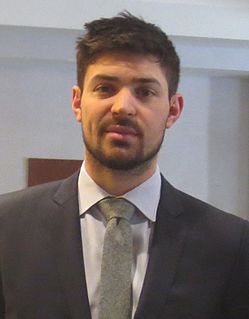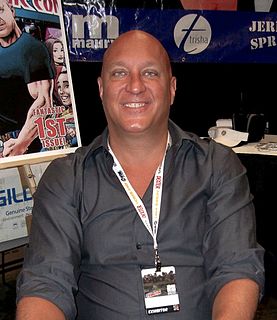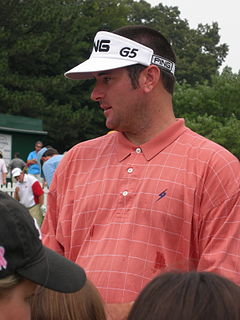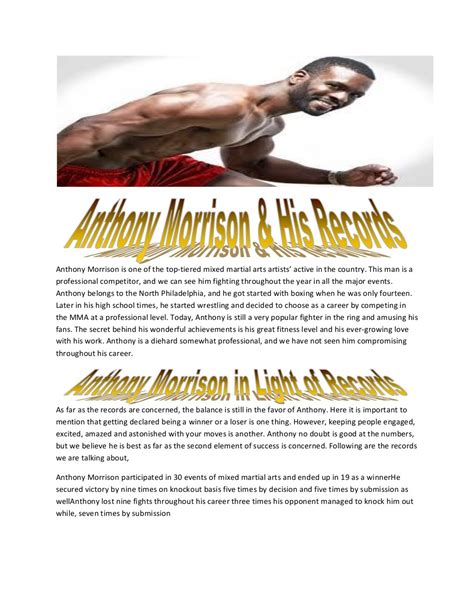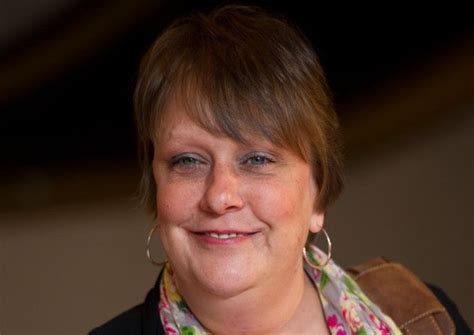A Quote by Carey Price
My dad always told me to have a short memory, whether things are going good or bad.
Related Quotes
Mom said, "His spirit is there," and that made me really angry. I told her, "Dad didn't have a spirit! He had cells!" "His memory is there." "His memory is here," I said, pointing at my head. "Dad had a spirit," she said, like she was rewinding a bit in our conversation. I told her, "He had cells, and now they're on rooftops, and in the river, and in the lungs of millions of people around New York, who breathe him every time they speak!
When it comes to partisan politics, everyone is a hypocrite. And all they care about is whether it hurts or helps them ... Is it good or bad for the Democrats? Is it good or bad for the Republicans? Is it good or bad for Jews, or good or bad for blacks, or is it good or bad for women? Is it good or bad for men? Is it good or bad for gays? That's the way people think about issues today. There is very little discussion of enduring principles.
The light of memory, or rather the light that memory lends to things, is the palest light of all. I am not quite sure whether I am dreaming or remembering, whether I have lived my life or dreamed it. Just as dreams do, memory makes me profoundly aware of the unreality, the evanescence of the world, a fleeting image in the moving water.
